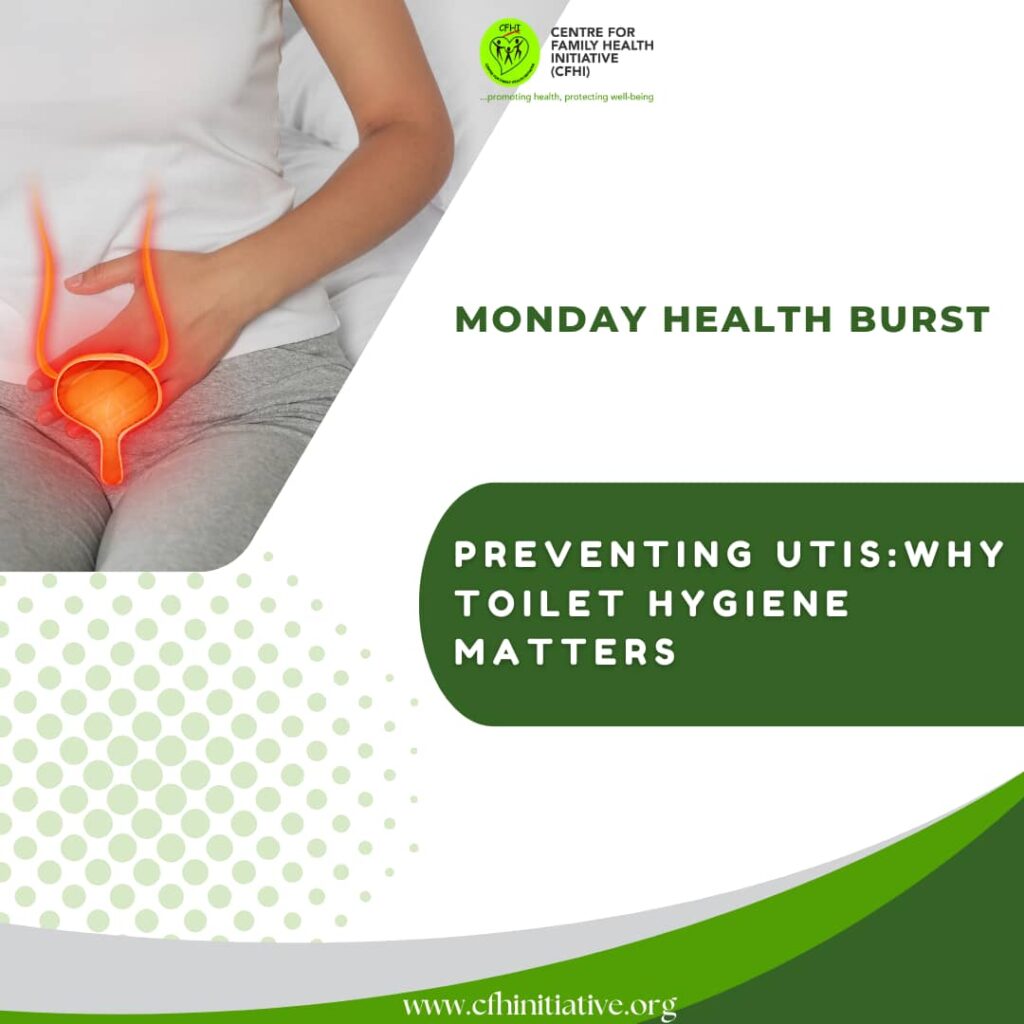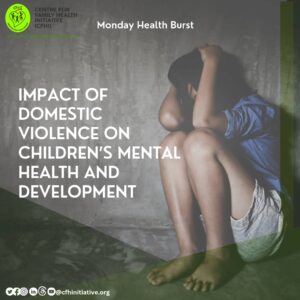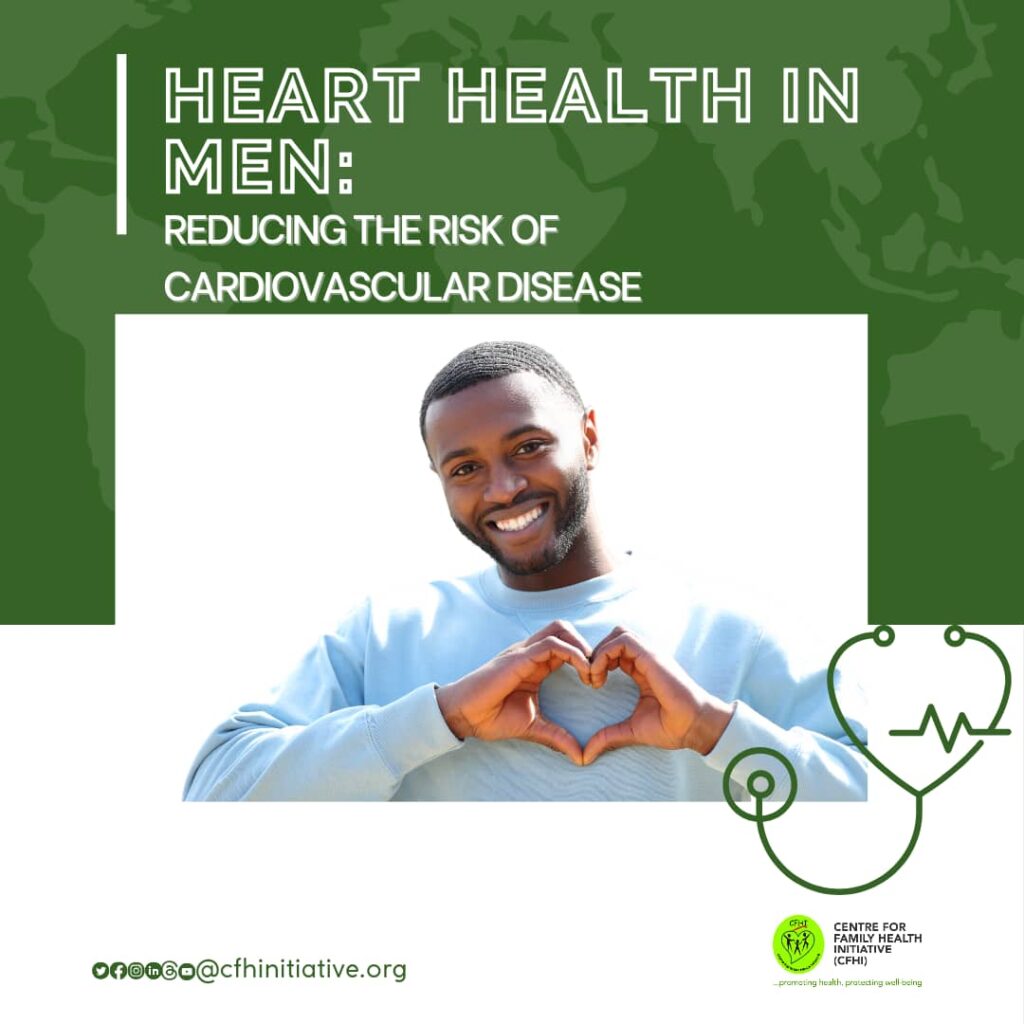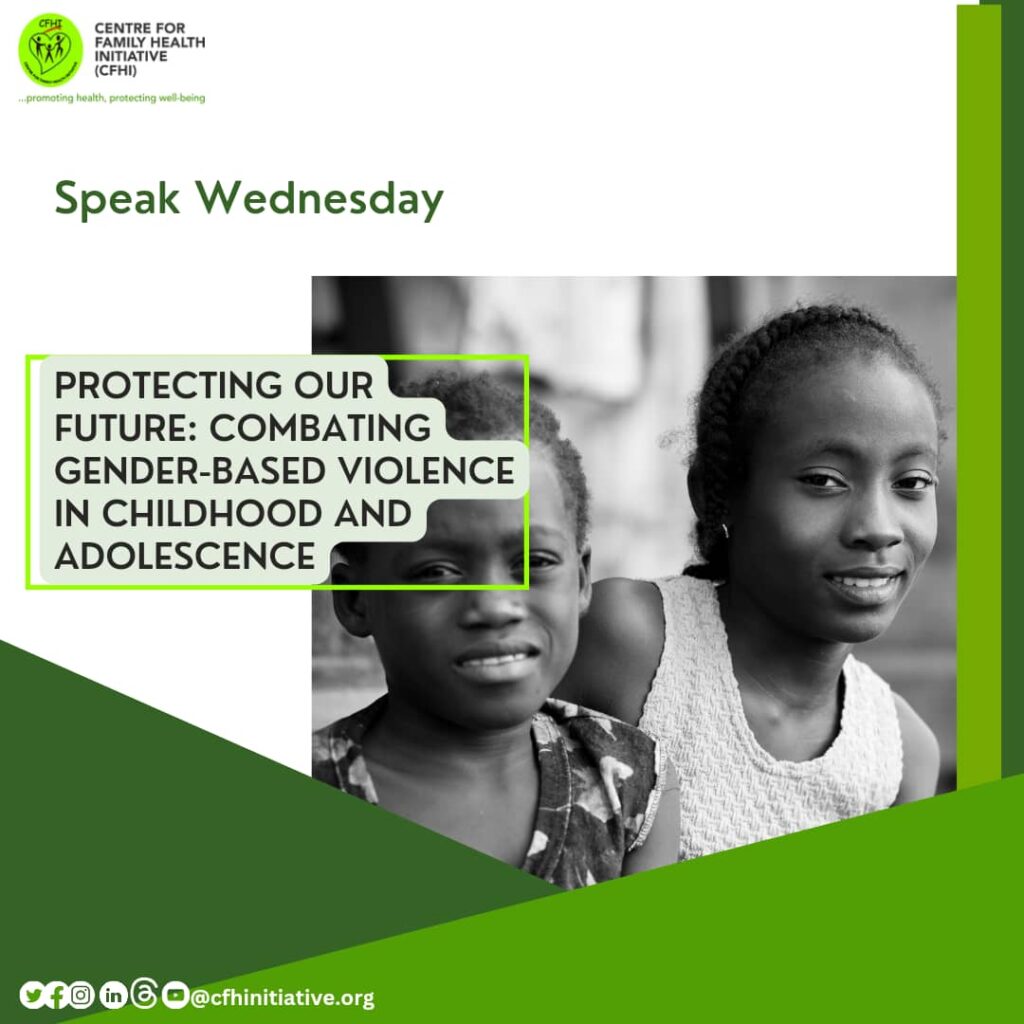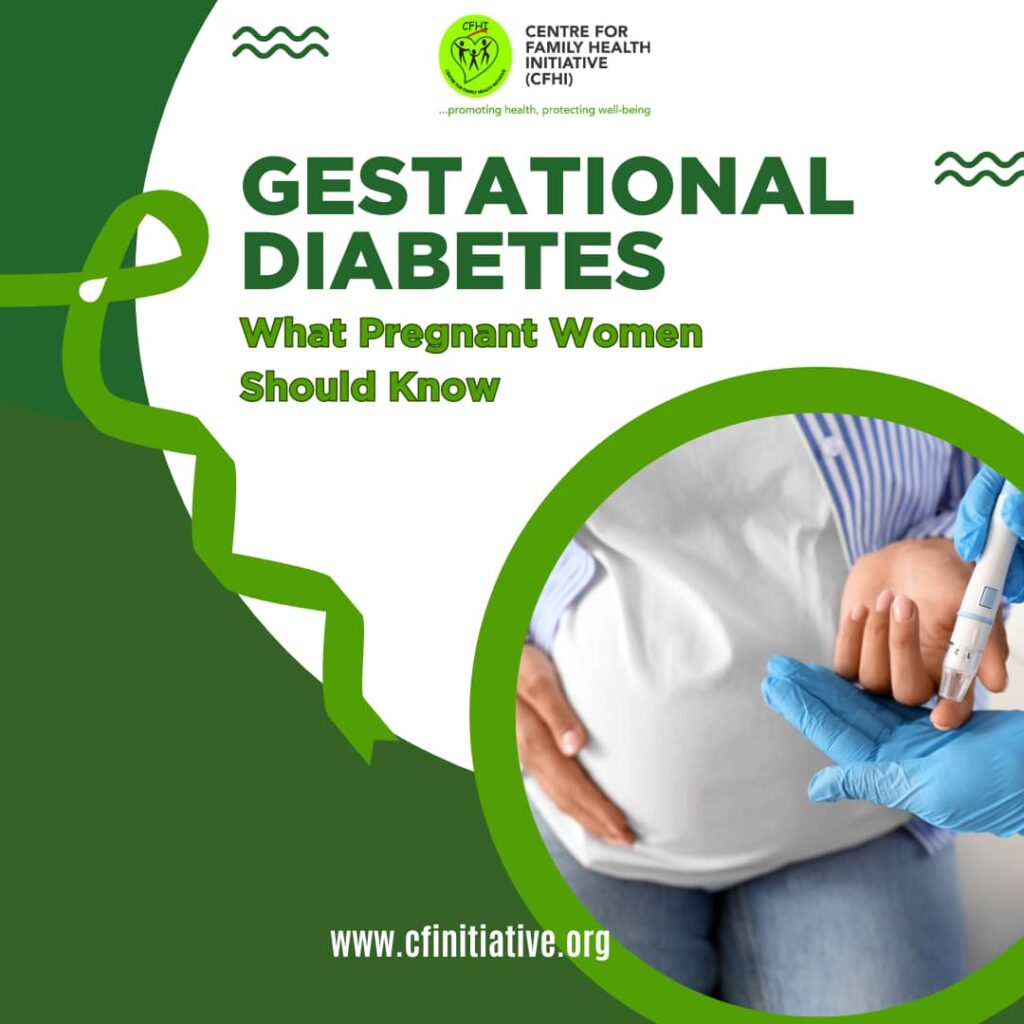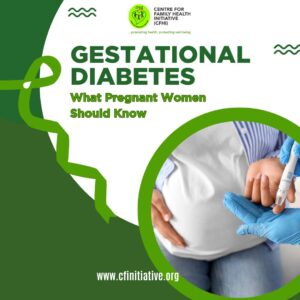SPEAK WEDNESDAY ON EMPATHY IN ACTION: MENS’S ROLE IN ENDING VIOLENCE AGAINST WOMEN
On the occasion of International Men’s Day yesterday, we are reminded of the transformative power men hold in eliminating violence against women. This issue impacts one in three women globally, according to UN Women, and addressing it requires an inclusive, empathetic approach.
Violence is Not Inherent—It’s Learned
Research by World Health Organization (WHO) shows that violence is often learned during childhood, and men who grow up in violent environments are statistically more likely to perpetuate such behavior later in life.WHO emphasises that children exposed to abuse are at a greater risk of becoming perpetrators of violence in adulthood.
Anthony Keedi, from the ABAAD Resource Centre for Gender Equality, emphasizes that violence is not a natural trait in men but a learned behavior shaped by societal expectations. Transforming this requires teaching men that masculinity includes caregiving and emotional expression, fostering respect instead of dominance.
Pathway to Change
According to the MenEngage Alliance, embracing positive masculinity is a crucial step. Men must reject harmful stereotypes that equate strength with control and instead model behaviors rooted in empathy and equality. When men publicly advocate for these changes, they inspire others in their communities to shift perspectives.
Also, silence is complicity. Men have the privilege to challenge misogynistic behaviors and advocate for change in their communities. From workplaces to social circles, speaking up fosters new norms where violence is intolerable.
Ending violence against women isn’t just about protecting women; it’s about building a society where everyone thrives. When men actively participate in this cause, they not only support gender equality but also unlock greater emotional freedom for themselves. A world free of violence benefits all genders, fostering healthier families and communities.
Men have the power to redefine their roles in relationships and society at large. By leading with empathy, they can bridge the gap between acknowledging the issue and being part of the solution.
Speak Wednesday is an initiative of CFHI to address issues around gender-based violence and gender bias.
#SpeakWednesday #EmpathyInAction #EndViolence #InternationalMensDay #GenderEquality
References:
- MenEngage Alliance
- OHCHR
- UN Women
- World Health Organization (WHO)

SPEAK WEDNESDAY ON EMPATHY IN ACTION: MENS’S ROLE IN ENDING VIOLENCE AGAINST WOMEN Read More »


